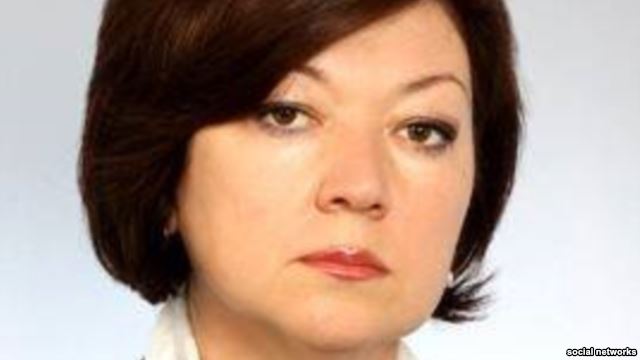A report by a group of Turkish human rights activists about the situation in occupied Crimea given to Vladimir Putin by Turkish President Recep Tayyip Erdogan states that the Crimean Tatars' language rights exist “only on paper” and that the Russians have no real plans to end the reality of what that implies or other rights abuses.
As a result, Professor Zafer Uskul, who led the delegation, told the Anatolian News Agency that international human rights organizations must get involved to end these Russian abuses of the rights of Crimean Tatars and those of other residents of the Ukrainian peninsula.
During a four-day visit to Crimea, the Turkish rights activists met with representatives of the Mejlis, the media, religious leaders, NGO activists, and ordinary citizens. Uskul said that they were tailed by officials of the occupying government throughout. “It was clear that they did not want us to meet with those who are opposed to them.”
After the Anschluss, Putin personally declared that Crimean Tatar would be the third official language alongside Russian and Ukrainian on the peninsula, but that declaration remains “on paper.” Crimean Tatar media channels have been harassed and shut down, no one can post an ad in that language, and Crimean Tatar is now taught in only 15 schools, not the 200 that nation requires.
The occupiers say that this is not a problem because “all the residents of the republic know Russian,” Uskul continued.
The Turkish activist also discussed the authorities' attack on the Mejlis and its leaders, restrictions on Crimean Tatar media, warrantless searches of Crimean Tatar homes, medrassahs and mosques, and the failure of officials to investigate disappearances and to bring those responsible to justice.
Uskul’s findings were perhaps compiled in the course of a conversation he had with representatives of the Institute for Human Rights in Crimea before he visited the peninsula. Its officials, he said, admitted that there were problems but dismissed them as part of the transition and assured him that “all problems would be solved in time.”
The Turkish professor and rights activist said that it is clear “there is no definite plan” and therefore their only hope lies in the involvement of international human rights organizations and other countries. The Crimean Tatars “need and deserve such protection,” he continued, and they have the right to expect it.


